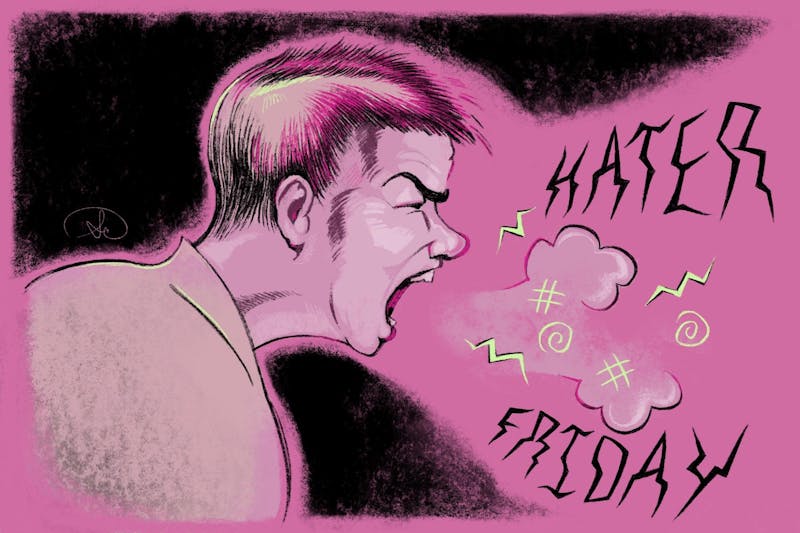For all who hail from the New York City metropolitan area, there’s a certain sort of kinship that arises between us. Outsiders tend to label New Yorkers with exclusivity, portraying the area as a bubble of culture and way of life. To give them credit, there’s a rhythm to how the city moves that stems from large systemic components, such as transportation and education, as well as small unwritten practices of courtesy that make NYC a completely unique place to live. Nevertheless, it’s this outside veneration of NYC, this overexaggerated reputation of “New York or Nowhere,” that ignites legitimate cliquishness. With this idea, there has arisen a distaste for those who’ve recently moved to NYC, of their lack of respect for social norms or contribution to gentrification, making NYC less and less affordable to enjoy. This hatred is a new concept; NYC is famous for its acceptance of newcomers, so why now? Unlike the waves of migration that have been set upon us for centuries, these people don’t look to New York as an empty landscape for opportunity and collective action. Instead, natives watch as groups of predominantly white, wealthy, “Big Ten” postgrads manipulate the allure of the city to reap from its capital whilst pushing away the people who make it thrive. They use and abuse an ideal of glamour fed to them by Sex and The City and sanitize a history of unforgiving urban culture into a saccharine, unrealistically beautiful world of medspas and pop-up events before eventually moving with their venture capitalist lover into a suburb five years later. It’s the phenomenon of enjoying New York on a diet that’s entropied Soho, Bushwick, the Upper West Side, and will soon come for us all.
In May 2025, The Cut released the article “It Must be Nice to be a West Village Girl,” titling this group of newcomers and how they’ve suddenly dominated Lower Manhattan. “They work in finance, marketing, publicity, tech — often with active social-media accounts on the side. They have seemingly endless disposable income. They are, by all conventional standards, beautiful. Occasionally, they are brunettes,” writes Brock Colyer. These wealthy, attractive young people come to NYC for the appeal of indulging in a social environment that reflects that of college life: living with roommates, partying, having all of your peers close in age and in close quarters. This group of people has combined itself with a flavor of fun that is corporate and contained — parties hosted by the only people that could pay the property fee. Fun in NYC feels like a dog park, a pop-up mixer on the High Line, brought to you by Blackstone and Urban Outfitters, offering a free glass of horrendous non-alcoholic aperitif with your $45 ticket. You heard about this event, and all the others, from a girl on TikTok who moved here last month, in a video urging you to “run, don’t walk” to wherever you seem to be going. This onset of frivolous, youthful idealism has even been picked up by developers, who purposefully build apartment complexes with college-campus-style layouts, fit with all of the utilities you would need. It’s a way of life that covers the scary transition of adulthood with a film of unseriousness. No one has to think about things like local politics or property ownership when there’s the coolest house DJ night at Little Sister. When the film has melted away, do you finally put down the aperol spritz and worry about the fact that your local supermarket couldn’t afford rent? No, you leave to Westchester or Montclair or Connecticut, somewhere more “fit for settling down.” This immature ignorance couples itself with the fact that many of these people are staunchly apolitical — crossing the street at protests and turning their noses up at the homeless. You cannot mindfully contribute to a history written by tired, poor, huddled masses, by gay and trans people of color, by sex workers, without doing your part to continue a city tradition of making this place more equitable than when you arrived. That is what being a New Yorker is all about — that is the club that’s so hard to get into — and you should start wondering why you’re still waiting in line.
Caroline Murphy is a sophomore in the College of Arts and Sciences. She can be reached at cqm8@cornell.edu.
Hater Friday runs on Fridays and centers around critiquing media or culture.
Read More
